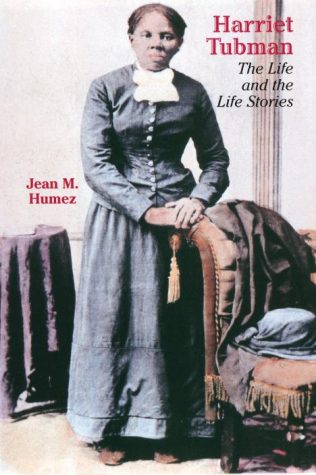Unions Hike the Hill for Funding
October 31, 2003
A crowd of several hundred people climbed Beacon Hill last week to register their discontent with representatives. Union workers from 9 different organizations from all the state’s public higher education institutions held a “Lobbying Day” to lobby legislators about their unfunded contracts.
The unions represent about 12,000 workers in Massachusetts, ranging from faculty at public universities to maintained workers, public safety officers and nurses, and they are aggrieved over contracts signed with the state in 2001. The contracts included almost $40 million in pay raises and cost-of-living increases, including health care.
Funding for the contracts was voted in by the State Senate in 2001, but vetoed by then-governor Jane Swift, who said the state was facing a budget crunch. Two years later, the contracts remain unfunded, although the unions have followed the contracts, according to UMass Bridgewater HVAC Technician Joe Mantia. “We lived by the rules for two and half years. The problem is that we are abiding by the language [in the contracts] but we’re getting none of the funding.” He outlined the hit he is taking from the unfunded contracts.
“Between union increases and insurance co-payment increases, I’m making $90 less per week than I did three years ago. That’s ridiculous.”
Mantia reflected on the chances that current Governor Mitt Romney would fund the contracts if a bill makes its way to his office. “I think he’ll cry poor.”
The unions gathered as much support as they could before Lobby Day, and they say they have the votes to pass a funding appropriation in the Legislature. One hundred twenty-five state reps have signed a letter by Martin Walsh, (D-Dorchester) urging House Speaker Thomas Finneran to bring a funding bill to the House floor. The unions are working against time. The legislature adjourns on November 19, and the unions will have another unfunded year without swift action.
Rocco Riccardi, President of Local 1067 American Federation of State, County, and Municipal Employees, says, “We mean to see this in the House in the next week or 10 days. This has never ever happened, that we would negotiate [contracts] and it would get shot down.”
This is the first time in the state’s history a contract has gone unfunded, but the unions are doing their best to make their presence felt, even though they were overshadowed by other hot-button issues last Wednesday, like the introduction of a bill permitting homosexuals to marry. Riccardi said, “Tommy Finneran came over and said, ‘you guys aren’t going away, huh?'”
Inside the State House, amateur lobbyists found getting face time with lawmakers tough. They crowded the halls in groups of five and ten people, tracking down their representatives and legislators who haven’t pledged to vote with the unions. Cathy Boudreau, president of the Massachusetts Teacher’s Association, singled out Peter Larkin (D-Pittsfield), saying, “Peter Larkin was Chair of the Education Committee [Arts, Education, and Humanities Committee]. He said he backed us, but he won’t sign the letter; he won’t commit to vote.” Boudreau, marshalling the rank and file inside the State House, compared the funding problems to a loan “We are being hit twice. They didn’t pay $29 million and now it’s $150. The interest mounts, just like a mortgage or car payments.”
“They used the budget situation as an excuse not to pay [the contracts]. We do recognize that there are fiscal problems, but we are very clear that the state needs to pay this.”
A quick trip to Larkin’s office (he is now the Vice Chairman of the House Ways and Means Committee), yielded a cheerful battery of “no comments” from an aide, and calls for comment were not returned. Similarly, Marie St. Flour’s (the current head of the Arts, Education, and Humanities Committee) office was crowded with union workers, but she was not available for comment.






















































